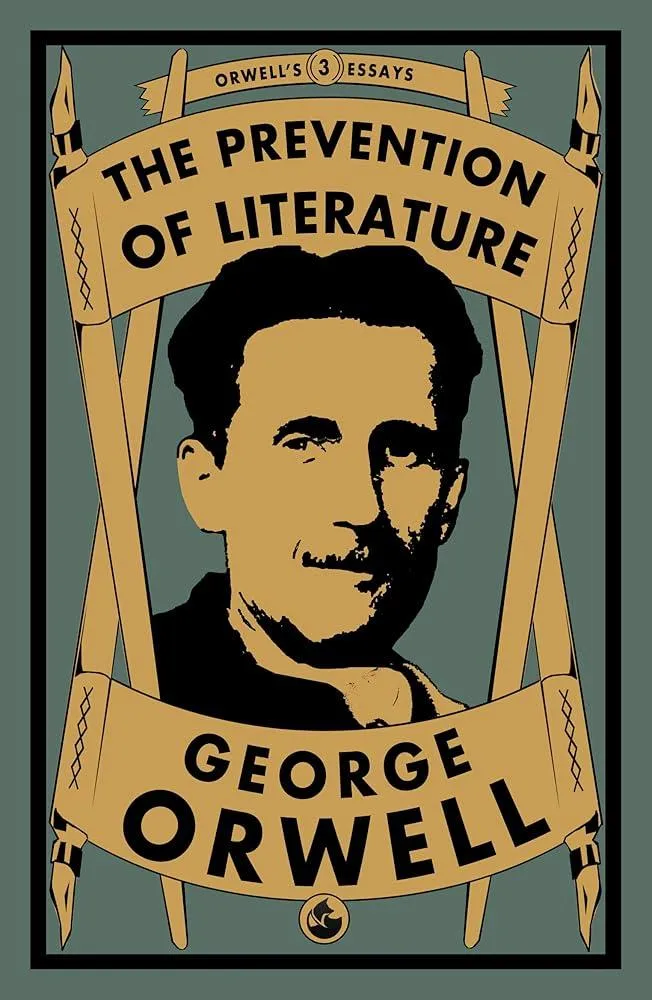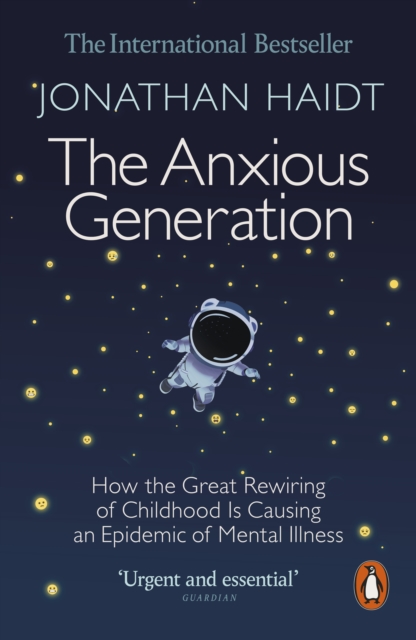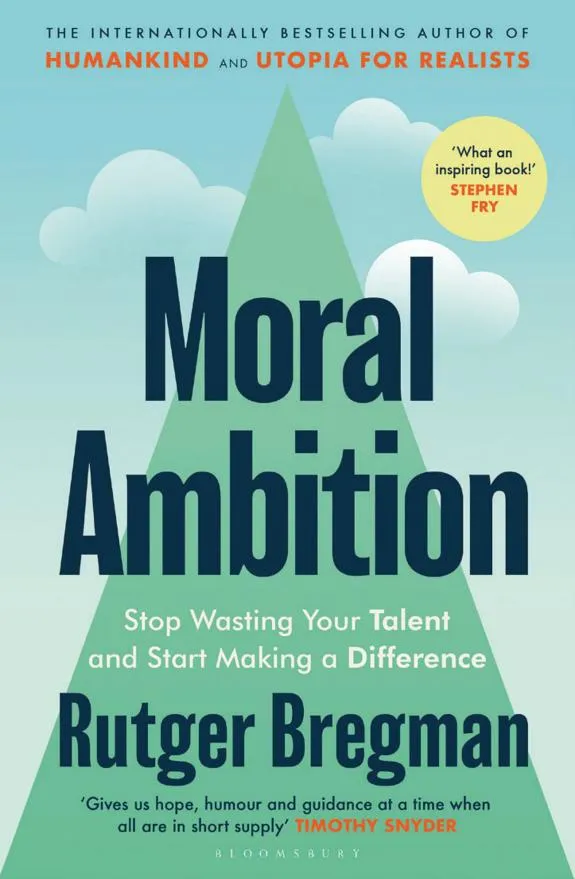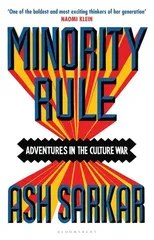George Orwell set out ‘to make political writing into an art’, and to a wide extent this aim shaped the future of English literature – his descriptions of authoritarian regimes helped to form a new vocabulary that is fundamental to understanding totalitarianism. While 1984 and Animal Farm are amongst the most popular classic novels in the English language, this new series of Orwell’s essays seeks to bring a wider selection of his writing on politics and literature to a new readership. In The Prevention of Literature, the third in the Orwell’s Essays series, Orwell considers the freedom of thought and expression. He discusses the effect of the ownership of the press on the accuracy of reports of events, and takes aim at political language, which ‘consists almost entirely of prefabricated phrases bolted together.’ The Prevention of Literature is a stirring cry for freedom from censorship, which Orwell says must start with the writer themselves: ‘To write in plain vigorous language one has to think fearlessly.’ 'A writer who can – and must – be rediscovered with every age.' — Irish Times
George Orwell
George Orwell, born Eric Arthur Blair in 1903, was an English novelist, essayist, journalist, and critic. He is best known for his works "Animal Farm" and "Nineteen Eighty-Four," which are both powerful critiques of totalitarianism and authoritarianism. Orwell's writing style is characterized by clarity, precision, and a sharp wit, making his works accessible and thought-provoking for readers.
Orwell's contributions to literature include his exploration of political and social issues, as well as his commitment to truth and honesty in writing. His works have had a lasting impact on the dystopian and political fiction genres, influencing countless authors and thinkers. "Nineteen Eighty-Four" in particular has become a classic of modern literature, with its portrayal of a bleak and oppressive future society resonating with readers around the world. Orwell's legacy as a writer and social critic continues to be celebrated and studied today for its enduring relevance and insight.





